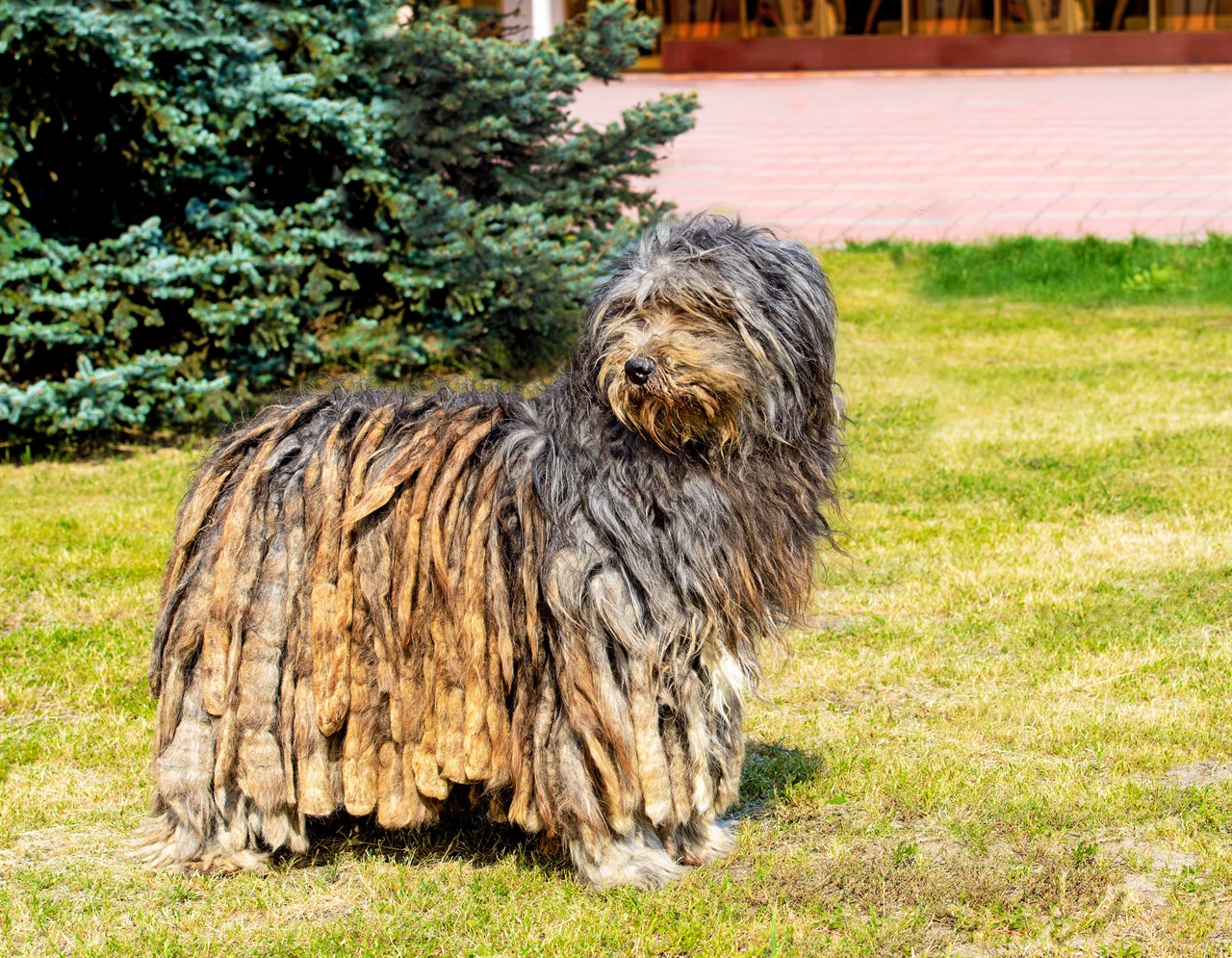Feeding Habits and Food Requirements of the Bergamasco Shepherd Dog

Proper nutrition is essential for the health and well-being of your Bergamasco Shepherd Dog. Like all dogs, their dietary needs depend on factors such as age, activity level, and overall health. Here's what you need to know about feeding your Bergamasco.
Age-Appropriate Nutrition
- Puppy Stage: When your Bergamasco is a puppy, they require a specially formulated puppy food to support their growth and development. Look for a high-quality puppy food that meets the nutritional requirements established by organisations like the American Association of Feed Control Officials (AAFCO).
- Adult Stage: Once your Bergamasco reaches adulthood (around 12-18 months old), transition them to an adult dog food. Choose a product that matches their activity level and specific needs. Bergamascos are often active dogs, so consider a formula designed for working or active breeds.
- Senior Stage: As your Bergamasco ages, their nutritional needs may change. Senior dog foods are available and are formulated to support joint health and overall well-being in older dogs. Consult with your veterinarian to determine the best time to transition to senior food.
Portion Control
Proper portion control is essential to maintain a healthy weight for your Bergamasco. Obesity can lead to various health issues, so measure your dog's food portions carefully according to the feeding guidelines on the food packaging. Be mindful of treats and snacks, as excessive indulgence can lead to weight gain.
Protein, Fat, and Carbohydrates
Look for dog foods with balanced levels of protein, fat, and carbohydrates. Proteins are essential for muscle development, fats provide energy, and carbohydrates offer a source of sustained energy. The specific ratios may vary depending on your dog's activity level and dietary sensitivities.
High-Quality Ingredients
Choose dog foods with high-quality ingredients, including real meat as the primary protein source. Avoid foods that list fillers, by-products, or artificial additives in their ingredients. High-quality nutrition can promote better overall health and vitality.
Fresh Water
Ensure your Bergamasco always has access to fresh, clean water. Hydration is crucial for their well-being, especially in warmer weather or after exercise.
Feeding Schedule
Establish a regular feeding schedule for your Bergamasco. Most dogs do well with two meals a day, but the specific frequency and portion size can vary based on your dog's age and activity level. Consult with your veterinarian for guidance on the best feeding routine for your dog.
Special Dietary Considerations
Some Bergamascos may have dietary sensitivities or allergies. If your dog exhibits signs of food allergies (such as skin issues, digestive problems, or chronic ear infections), consult with your veterinarian to identify and address any dietary triggers. They may recommend a hypoallergenic or specialised diet.
What Do Bergamasco Shepherds Eat?
Bergamasco Shepherd Dogs can eat a diet consisting of high-quality commercial dog food formulated for their life stage (puppy, adult, senior) and activity level. This food should provide balanced nutrition with essential proteins, fats, carbohydrates, vitamins, and minerals. Many owners also incorporate fresh vegetables, fruits, and occasional lean meats into their Bergamasco's diet as treats or supplements, but these should not replace the primary dog food.
It's important to monitor your Bergamasco's weight and overall health, adjusting their diet as needed in consultation with your veterinarian. Always consult with a veterinary professional for personalised dietary recommendations based on your specific dog's needs and any potential health concerns.
Bergamasco Shepherd Dog puppies for sale
- Find Bergamasco Shepherd Dog puppies for sale in ACT
- Find Bergamasco Shepherd Dog puppies for sale in NSW
- Find Bergamasco Shepherd Dog puppies for sale in NT
- Find Bergamasco Shepherd Dog puppies for sale in QLD
- Find Bergamasco Shepherd Dog puppies for sale in SA
- Find Bergamasco Shepherd Dog puppies for sale in TAS
- Find Bergamasco Shepherd Dog puppies for sale in VIC
- Find Bergamasco Shepherd Dog puppies for sale in WA